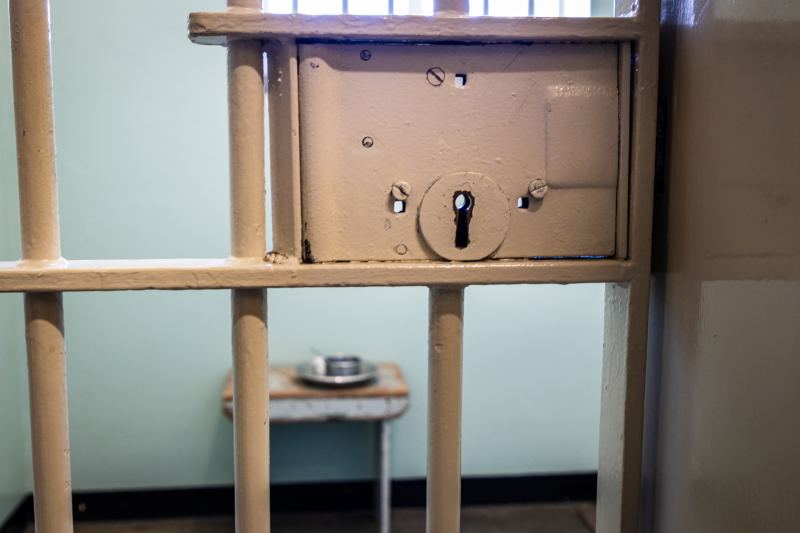
Law enforcement agents in China have the right to detain a person for several days without charging them or bringing them to trial. Recently, the Early Rain Covenant Church (ERCC) members were arrested and detained for 'activities in the name of a banned social organization.'
Detention of ERCCs Members
Christian Solidarity Worldwide reported that Jia Xuewei, a deputy deacon of ERCC, was arrested on Friday, Mar. 24, and placed in administrative custody for 14 days by the police in the Wenjiang District of Chengdu. As mentioned, one week earlier, Friday, Mar. 17, a preacher, Ding Shuqi, and another church member named Shu Qiong were both handed the same punishment for engaging in 'activities in the name of a banned social organization.'
Also, Elder Li Yingqiang and his wife were taken against their will by police from Wenjiang to Deyang, another city in the province of Sichuan. They were not allowed to retrieve their two young children or the keys to the rented home that they had been living in. Moreover, another deputy deacon, Xiao Luobiao, discovered on Tuesday, Mar. 21, that someone had taken his electricity meter while asleep the previous night. They are threatened that their things will be thrown if he and his wife, Chen Yan, do not vacate their apartment by Friday, Mar. 24.
On Monday, Mar. 25, their family automobile was vandalized, and offensive graffiti was painted on the vehicle's body. The tyres and windows of the vehicle were broken, and vandalism occurred. As per the Christian Post, in a prayer request on Wednesday, Mar. 19, ERCC highlighted the "crazy wave of repression" the church is facing, claiming all of its preachers had been reportedly jailed, compelled to depart Chengdu, or held under observation; all of its deacons had been rigorously monitored and banned from leaving their houses to participate at services. Many parishioners had been intimidated, harassed, and threatened.
On the other hand, administrative detention, frequently employed for relatively minor violations of public order, grants the Chinese government the authority to arrest and imprison persons without a trial for up to twenty days. After finishing their time in administrative custody, it is not uncommon for a person to be transferred to criminal detention or domestic surveillance at a designated site.
Also Read:Chinese Christian Church Members Detained in Thailand; Fear Persecution in China
Administrative Detention in China
According to Open Addition, administrative punishment is for minor offenders who do not deserve criminal sanctions. Victor Li compared China's prison system to a massive falling slope to illustrate intermediary discipline: most Chinese offenses are minor and handled locally. This initial tier of social control addresses early deviance "softly" through neighborhood mediation, education, and police warnings and fines. This level of intervention is informal, affordable, rehabilitative, less stigmatizing, and more case-specific.
If the community's efforts don't produce the desired results, the process moves on to the second layer, a more official and "harder" intervention. It is the realm in which the police have the authority to apply a series of intermediate punishments for a wide variety of relatively minor offenses for which a criminal sentence is deemed inappropriate. The "incorrigible" individuals who have committed significant crimes are the ones who are allowed to proceed to the next level of the criminal justice system.
Related Article:Early Rain Covenant Church Faces Another Wave Of Christian Persecution In The Hands Of Chinese Authorities


















